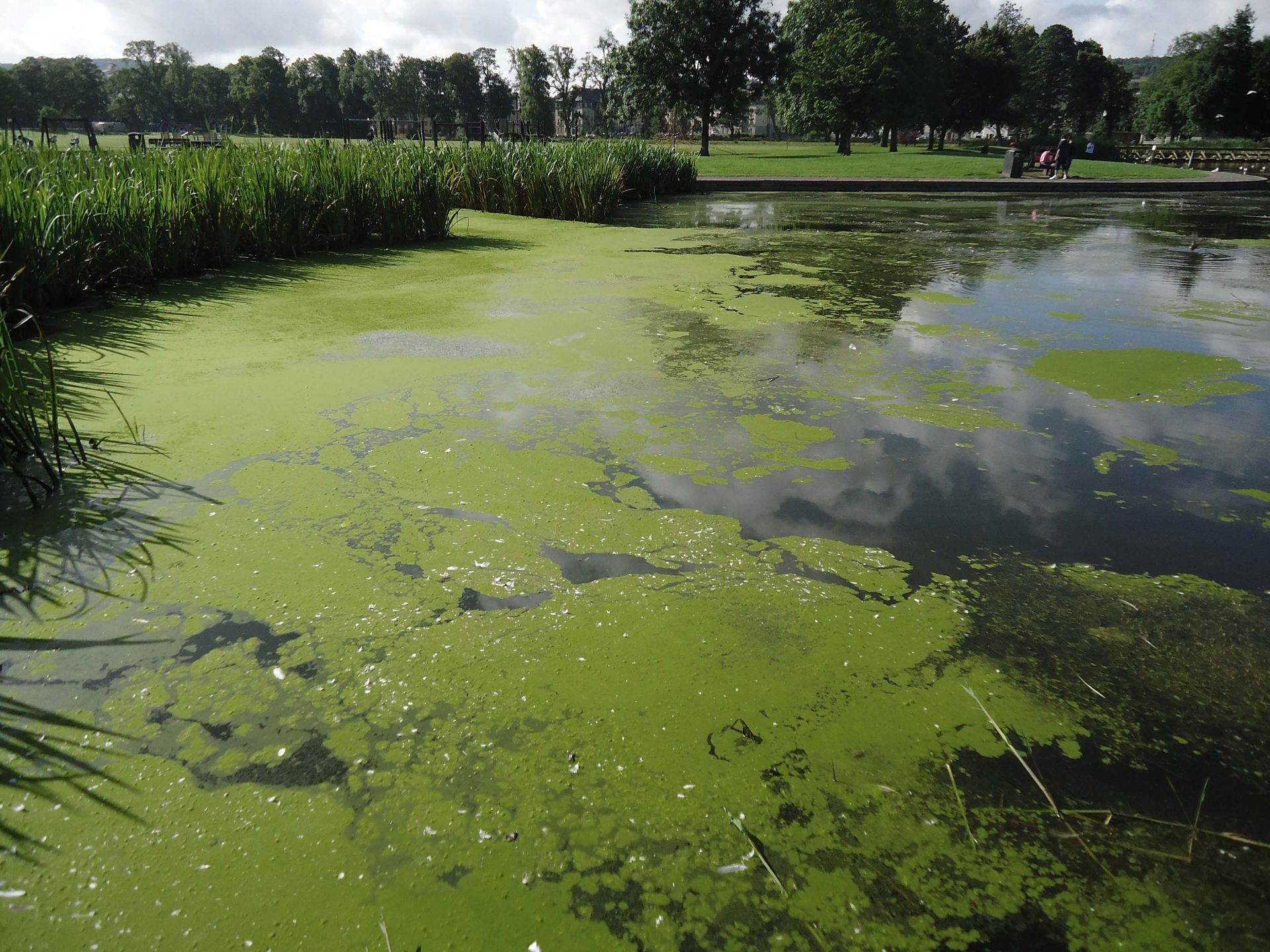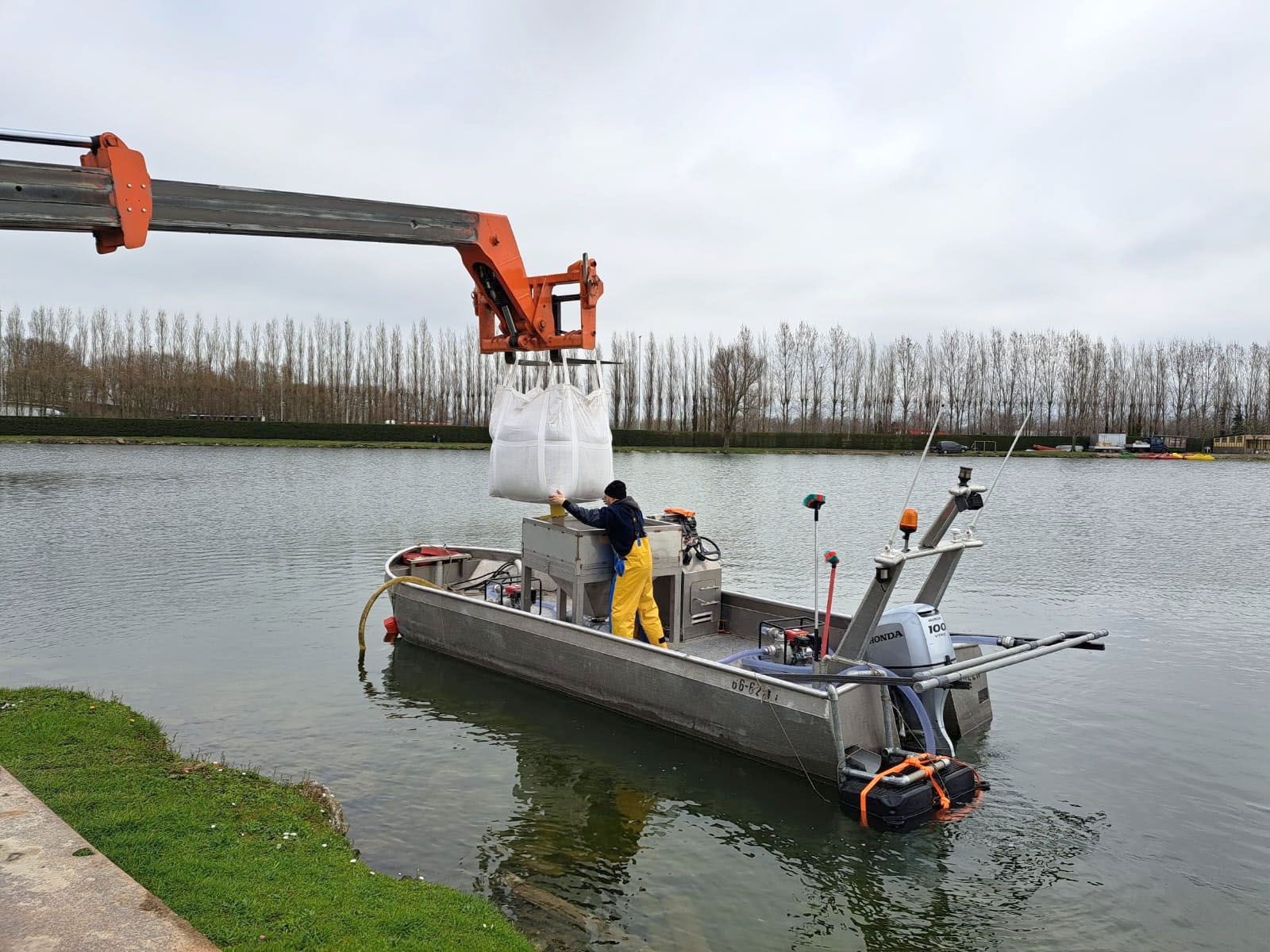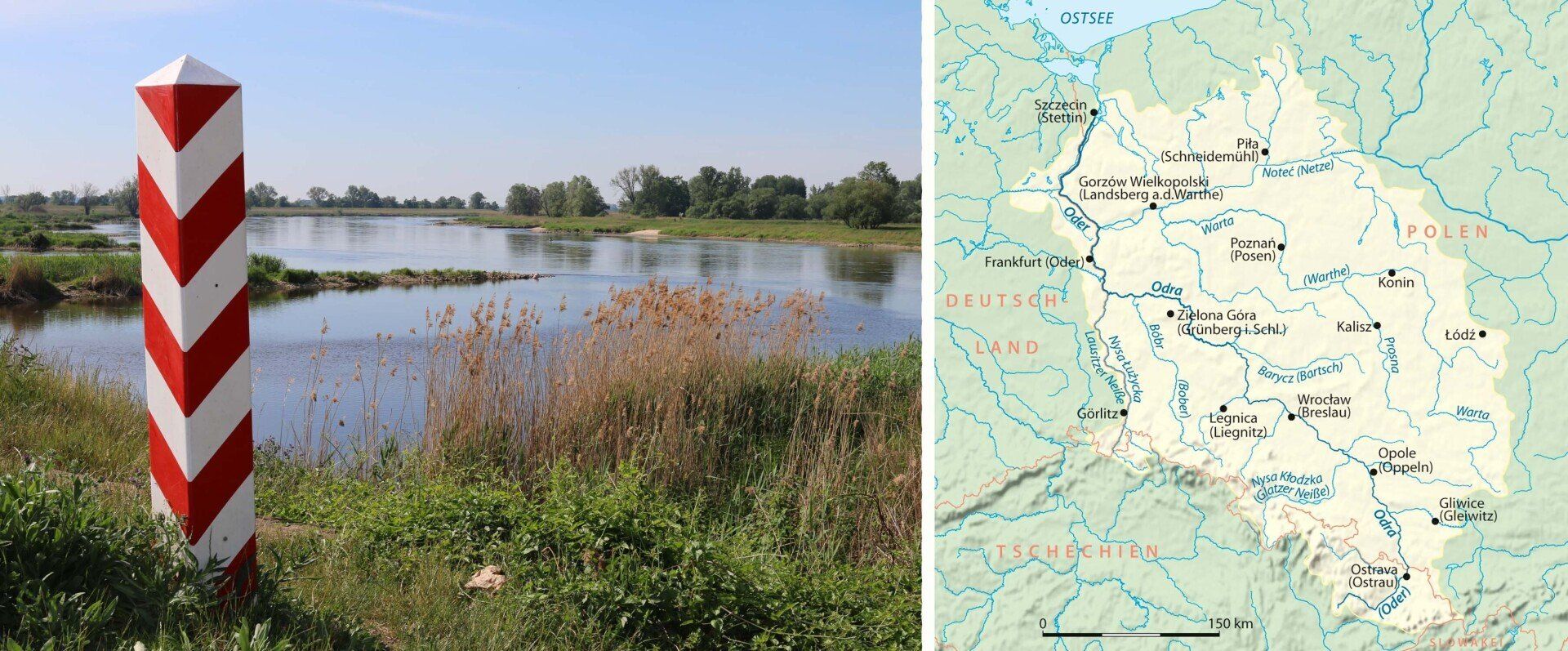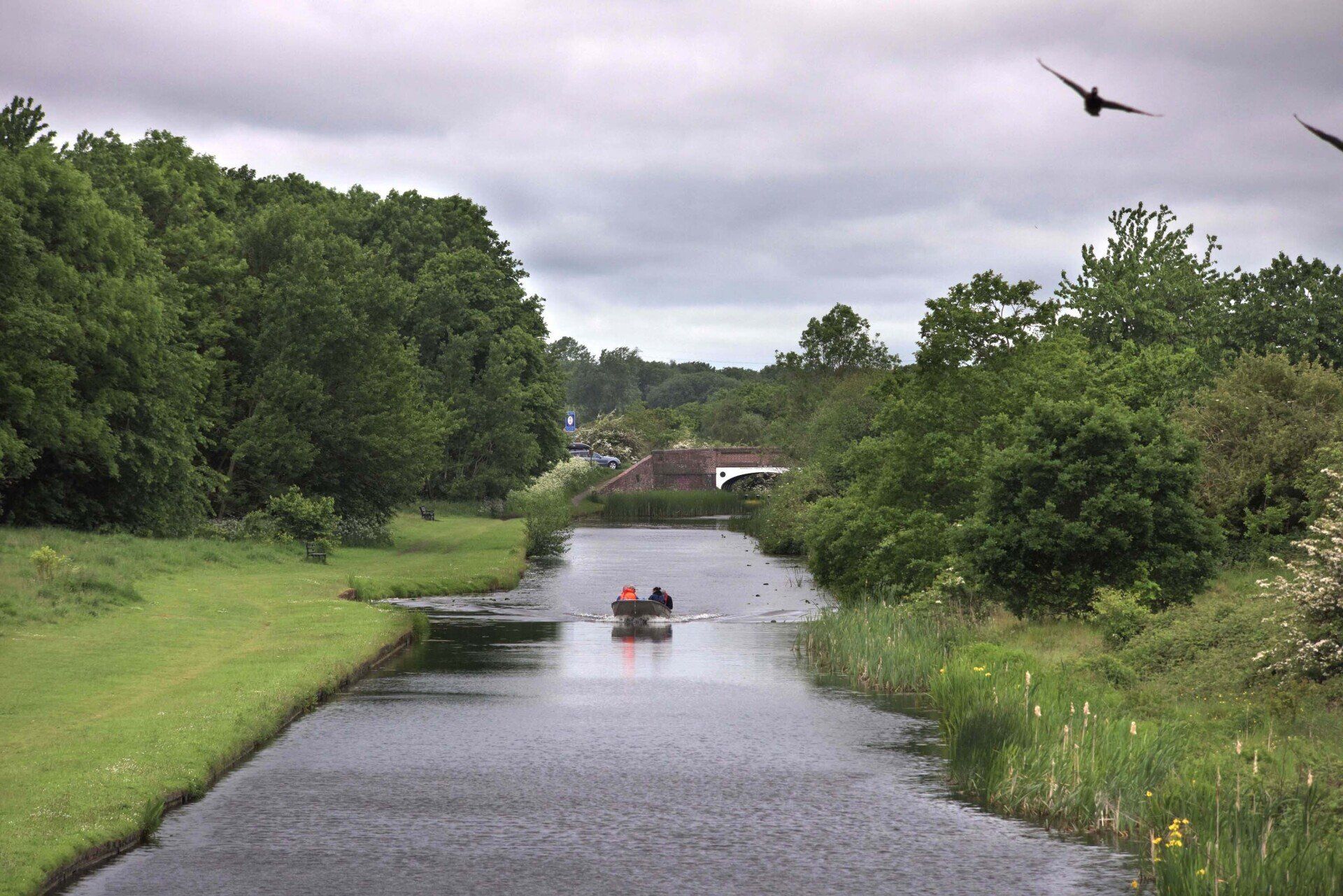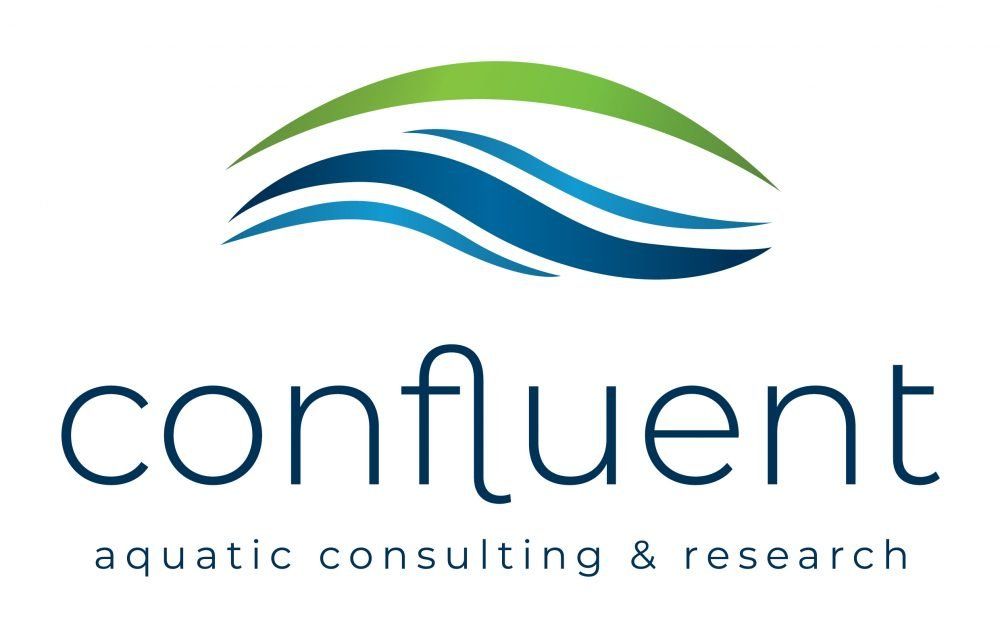Creation of wetlands to reduce phosphate levels – two projects of note…
Of the various tools available to limit the reduction of excess nutrient loads into fresh waterbodies, the carefully managed strategy of planting reeds, trees and suitable undergrowth at key points of inflow to absorb excess nutrients is one that lake managers and water authorities need to consider.
The Dümmer See in Lower Saxony, Germany has suffered high nutrient loads for decades with a number of different strategies tried with varying degrees of success, including the diverting of the ‘Bornbach’ around the lake in the 1990s.
Whilst the idea of creating a ‘reed polder’ was considered over 30 years ago as a way of reducing nutrient inputs, only recently has it been given the green light with funding allocated for the establishment of up to around 200 hectares of wetland. Read more…
Meanwhile in the UK, BBC News picked up on a new strategy implemented by Somerset West & Taunton Council to “…offset phosphate surpluses at development projects…” near Wellington in Somerset - the strategy will require developers to purchase ‘phosphate credits’ which would be used to fund the creation of wetlands (similar to that being established at the ‘Dümmer See’, mentioned above), to counter the likely increase in phosphorous levels when land is developed. At current levels these credits are likely to be in the region of at least £5,500 per new home. Read more in these two related articles...
Plans for Somerset wetlands to mitigate phosphate levels - BBC News
Somerset to build hundreds of homes under phosphate plan - BBC News
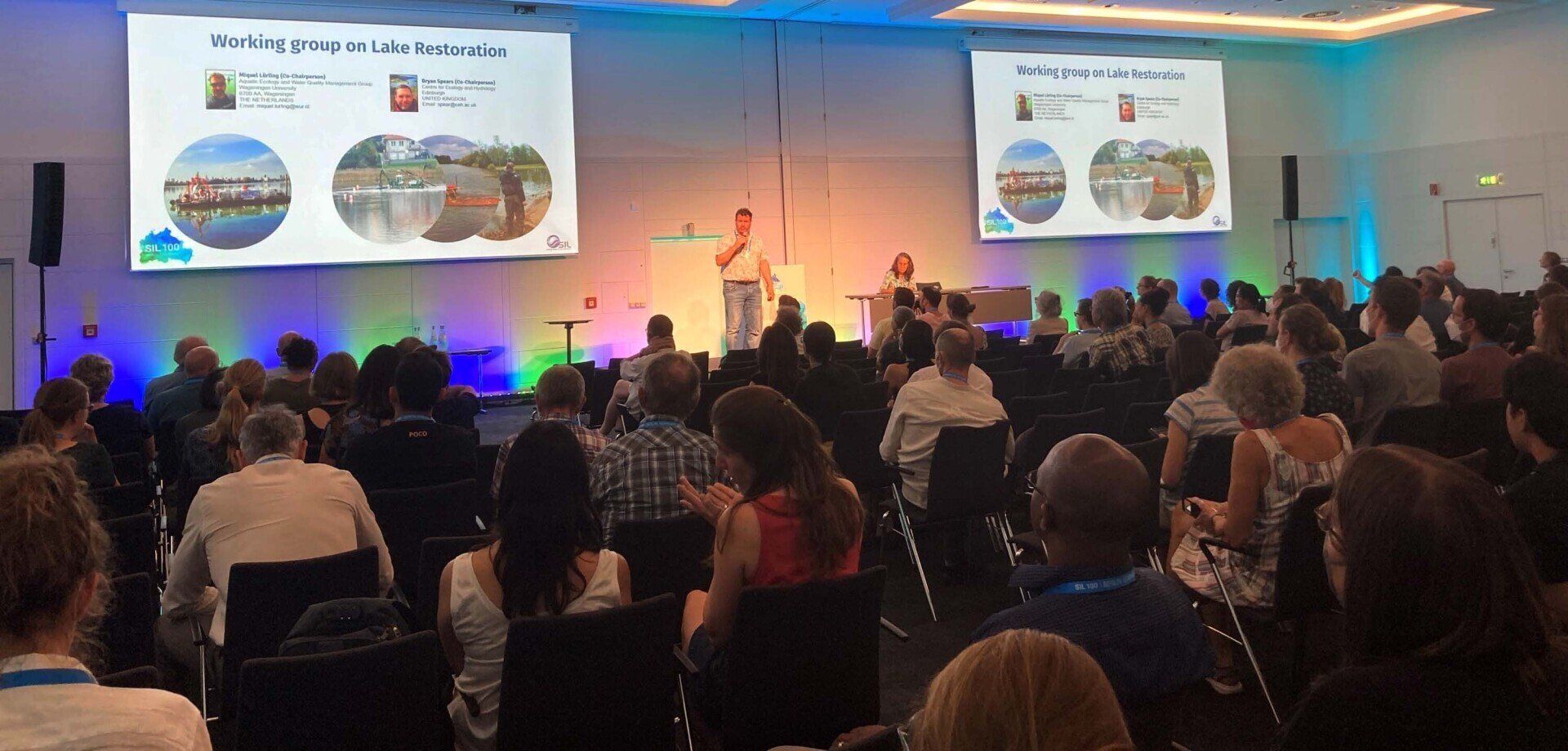
OUR PARTNERS
Limnological Solutions International Pty Ltd
REGISTERED ADDRESS
(Limnological Solutions International Pty Ltd)
Level 6, 57 The Esplanade, Cotton Tree,
QLD 4558, Australia
REGISTERED ADDRESS
(LSI Europe B.V.)
Lodelaan 5A, 3527 KA, Utrecht, Netherlands
Privacy & Cookie Policy
Admin login
Designed & hosted with ![]() by Moose Digital Media Ltd
by Moose Digital Media Ltd






